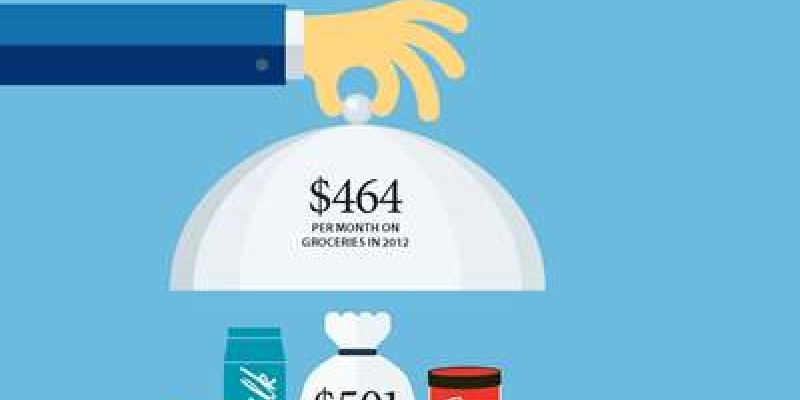Cost to Canadians of Complying with Personal Income Taxes, 2014

This study builds on previous Fraser Institute research estimating the total compliance costs associated with Canada's tax system. It aims to estimate the cost of complying with the personal income tax system in 2012. It updates past estimates for the average amount of time and financial resources that Canadians spend to comply with the system, and then calculates aggregate compliance costs in Canada.
The current study builds on previous Fraser Institute research estimating the total compliance costs associated with Canada?s tax system. This study aims to estimate the cost of complying with the personal income tax system in 2012. It updates past estimates for the average amount of time and financial resources that Canadians spend to comply with the system, and then calculates aggregate compliance costs in Canada.
The study estimates that Canadians spent between $5.84 billion and $6.96 billion complying with the personal income tax system in 2012. To put this in perspective: we estimate that personal tax compliance represents 0.5 percent of total household income in 2012. This is roughly $501 per year for each Canadian household, or more than what the average household spent on groceries per month in that same year, according to Statistics Canada data.
These costs fall disproportionately on lower-income taxfilers who spend a greater share of their income complying with the personal income tax system. We estimate that the ratio of tax compliance costs relative to income ranges from 3.3 percent for the lowest income group, to 0.9 percent for the second lowest, to 0.5 percent for the third lowest, and 0.3 percent for the highest income group.
The study also examines the extent to which tax credits, deductions, and other special tax provisions contribute to higher tax compliance costs. The study estimates that the aggregate compliance costs borne by Canadian taxfilers who used at least one of a sample of 10 federal tax expenditures was $730.4 million (2007 dollars), which provides an illustrative sense of the extent to which tax expenditures can contribute to overall compliance costs.
Although lowering tax compliance costs is a not a central goal of this analysis, a number of specific measures that could be taken to reduce them are available to Canadian governments. The most obvious would be to reduce tax policies that add complexity to the personal income tax system, such as tax expenditures.



